Symbolism in Hitchcocks' 'Marnie' 1964
Let's talk about Florio the horse and Hitchcock's use of unspoken symbolism.
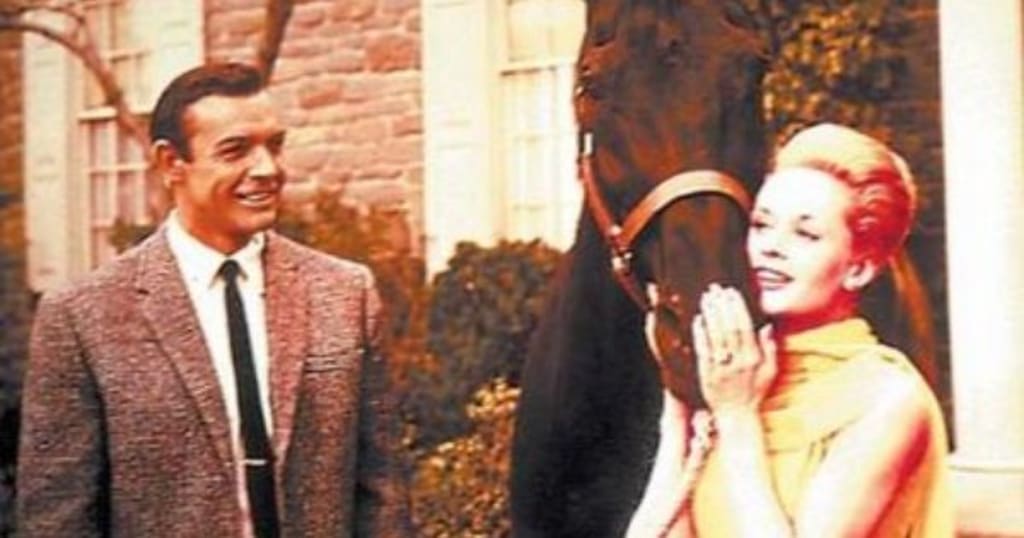
One thing you must get used to when writing about what you think something in a movie means is disagreement and derision. One must accept that there are those who will mock what you think is a fair rationalization of a piece of symbolism in a movie. Creators as well may mock your notion of what you think they meant when they created a piece of work. Bottom line, it takes confidence and a thick skin to read into a movie for a meaning that may or may not be there for others.
With that, I introduce my latest foray into the world of film symbology, and this week’s classic on the Everyone’s a Critic Movie Review Podcast, Marnie. Marnie stars Tippi Hedren as the title character, a woman who assumes various identities in order to commit a series of thefts in order to fund a high-end lifestyle. This life of hers includes a very expensive and well kept horse named Florio.
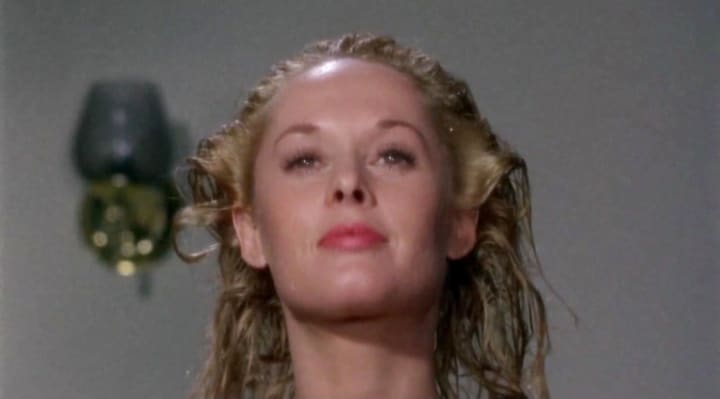
Marnie’s scheme is upended when she is caught by publishing house owner Mark Rutland, played by Sean Connery. Rutland falls for Marnie and sets about an elaborate plan to win her heart through blackmail, sexual assault and a course of immersive therapy that would make the torturers of Iraqi prisoners nod in appreciation. This is all in an effort to get Marnie to sleep with him. Yeah, Marnie is… problematic.
But, this is not a movie review, it’s an exploration of the concept of symbolism in film. Yes, rather than dunk on the lack of wokeness in this 1960’s Sean Connery vehicle, which would be easy, and quite fun, did you know Hitchcock tortured Tippi Hedren offscreen as well? Fun stuff and easy. No this is not that article. Instead, we are going to talk about the horse, Florio. Spoiler alert: I will need to spoil a great deal of Marnie and since I would like you to see the movie to follow this article, stop here a moment and head to Amazon.
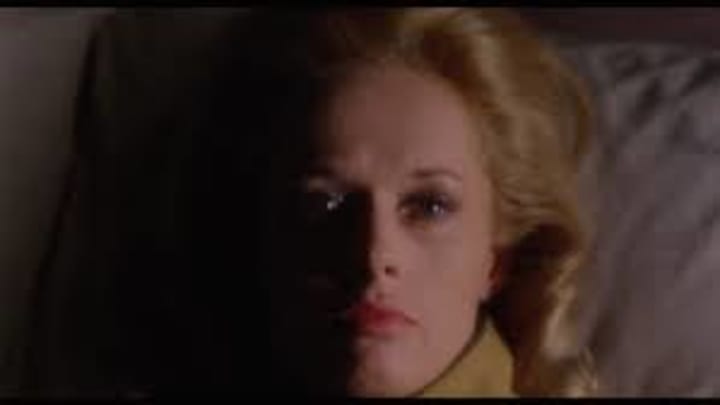
Margaret ‘Marnie’ Edgar is a con artist with a deeply repressed and troubled childhood. This has led to her life of crime, one intended to keep her indigent mother, Bernice (Louise Latham), in a comfortable home. Marnie takes jobs as a bookkeeper, robs the place blind, and disappears. There are only two constants in Marnie's life, her mother in Baltimore and her horse, Florio, which she keeps in a fancy paddock in Virginia, near enough to Marnie’s mother for visits between cons.
With that set up, let’s discuss what Florio means to Marnie. When Florio is introduced to the story, we’ve just witnessed the aftermath of Marnie’s latest con-job. She's stolen several thousand dollars from a subsidiary of a publishing house owned by Mark Rutland. We’ve watched her wash the color out of her hair and go from black hair to blonde. She’s checked into a rather modest boarding house and has had them call a car to take her to the stable where she rides her beloved Florio.
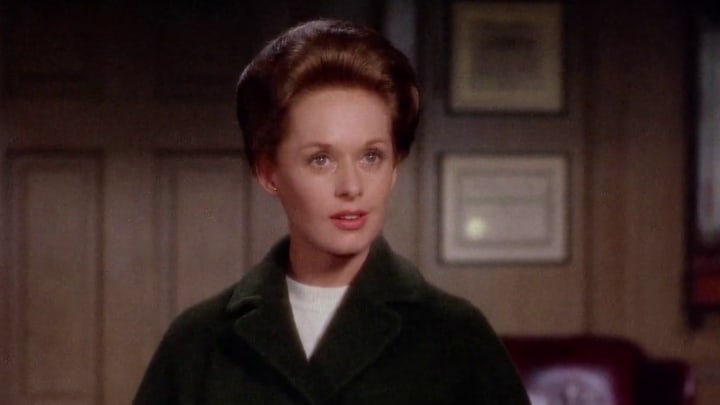
From all of the stress of Marnie’s repressed memory, to her ongoing cons and the potential of being uncovered at any moment, Florio is her one constant joy. It’s clear from the lavish grounds of Florio's paddock that Marnie is spending lavishly to keep this horse. To house and maintain a horse is remarkably expensive and it appears to be the one thing that Marnie has allowed herself to indulge in while she joylessly enacts her schemes.
Thus, we can assume, at least at the beginning of Marnie, Florio represents joy, freedom, and indulgence, things Marnie doesn’t regularly engage with. But, as we will explore, because Marnie bought Florio and maintains her ownership of Florio through her thievery, we can also assign to Florio a guilty, forbidden pleasure. Florio is only made possible by Marnie’s constant lies and deceit and thus he represents her guilt and, more abstractly, Marnie’s denial about her life and the notion that she’s really a decent person.
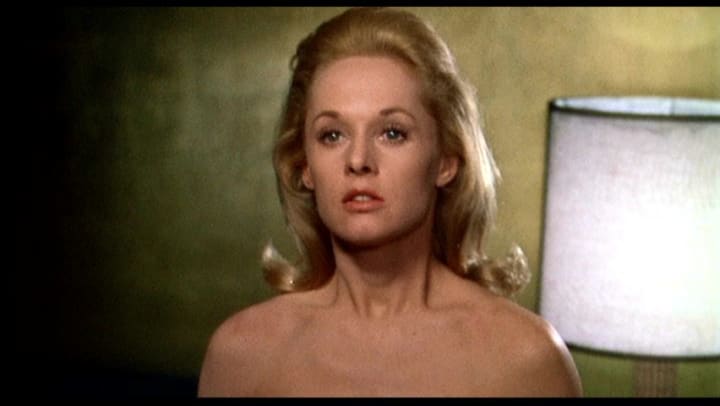
Florio is next seen after Marnie has pulled off her latest con, a daring theft at the Rutland Publishing office. Mr Rutland uses Marnie’s love of horses, something she demonstrated on an impromptu date with Mr Ruland at a race track, to track her down. It’s a little unlikely and convoluted but nevertheless, Rutland finds Marnie via her ownership and care for Florio and sets about his scheme to blackmail Marnie into marrying him.
Because of this turn of events, Rutland stating that her ownership of Florio helping him to find her, Florio takes on a different symbolic meaning. Where Florio was once Marnie’s safe place, her hobby, her joy, Florio now represents the end of Marnie’s life as she knows it. Her connection to Florio has brought an end to the life that Marnie had been, if not enjoying, existing comfortably within. Florio now symbolizes the end of Marnie's freedom, the end of the life she made for herself. Because of her desire to have Florio she is now drawn further and more permanently into the orbit of Mr Rutland who forcefully intends to change her life, force her into marriage and further force her to confront her painful past.
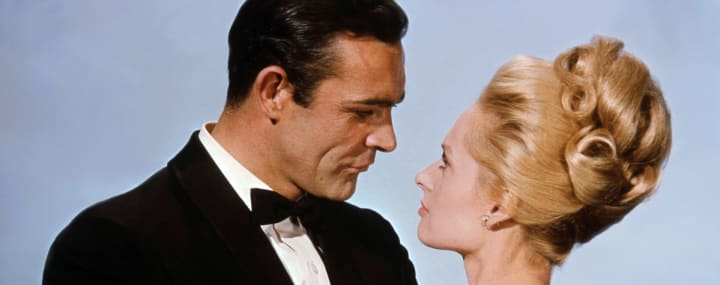
The final time we see Florio is after Mr Rutland has induced Marnie to marry him and their failed honeymoon during which Marnie was raped and nearly died in a self inflicted drowning. As a way of trying to win Marnie over, Mr Rutland has brought Florio to the family compound they share with Rutland’s father (Alan Napier) and his late brother’s wife, Lil (Diane Baker).
The family has their own stable and Mark assumes that having Florio close by might help Marnie to feel more at home. At first, it appears to work. However, during a hunting expedition with guests, Marnie suffers one of her mental breakdowns that we've seen throughout the film. Leaving the hunt, Marnie rides Florio ever faster and faster. Is she trying to escape? No, she appears to be looking to kill herself and perhaps take Florio with her to the afterlife.
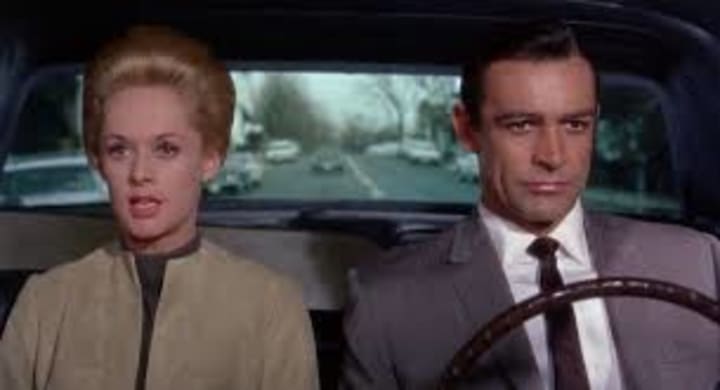
After jumping over small obstacles, Marnie atop her beloved Florio approaches a wall that Florio won’t be able to get over. The horse will try but Marnie knows the horse will fail and either one or the both of them will die. Marnie survives but poor Florio is deathly injured. Marnie goes to a nearby farmhouse for help. Desperate and, in tears, she demands a gun. Lil, who’d chased after Marnie approaches the scene and hearing Florio’s cries offers to shoot the horse on Marnie’s behalf.
Marnie declines, she must shoot Florio herself. This is symbolism. Marnie, having failed to kill herself and knowing she must now return to this life she hates, with malice in heart, shoots this creature she once saw as her main joy in the world. By now, Florio only represents her ever growing sense of the walls closing in, a reckoning of her sins approaching. Florio may be a being she cares deeply for but Florio also unwittingly betrayed her to Rutland and, in accumulation, represents all of the crimes she committed in order to purchase and keep Florio for as long as she has.
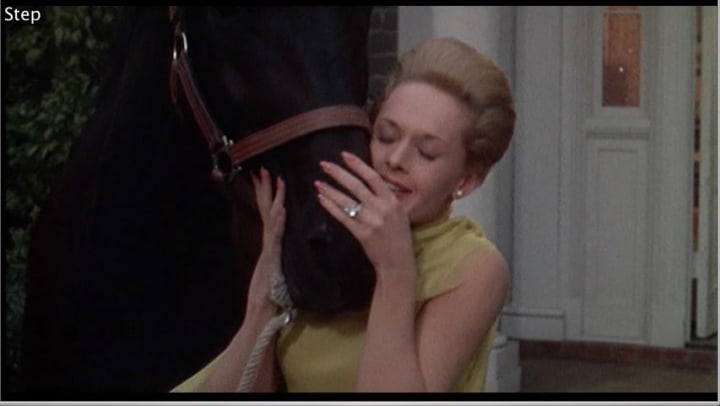
Killing Florio is vengeance upon herself an act of punishment, Marnie punishes herself for failing to escape from Rutland and failing to protect herself from the trauma's still to be revealed. Marnie’s crimes are revealed as the hidden traumas of the past, all of which she’s been able to deny and declaim when she sat astride Florio and thought of nothing but the pleasant feeling of being in nature and the uncomplicated bond of human and animal. Florio demanded nothing of Marnie, he represented a freedom and peace that has been shattered by Rutland and the reckoning for her crimes. Killing Florio is symbolic of many things but most of all the death of Marnie's former identity.
Thank you for reading. For further analysis of Marnie, including a heavy dunking session on this outdated and sadistic psycho-drama, subscribe and listen to the Everyone’s a Critic Podcast on your favorite Podcast app. Follow Everyone’s a Critic on Twitter, @CrticsPod and follow me on Twitter @PodcastSean.
About the Creator
Sean Patrick
Hello, my name is Sean Patrick He/Him, and I am a film critic and podcast host for the I Hate Critics Movie Review Podcast I am a voting member of the Critics Choice Association, the group behind the annual Critics Choice Awards.






Comments
There are no comments for this story
Be the first to respond and start the conversation.